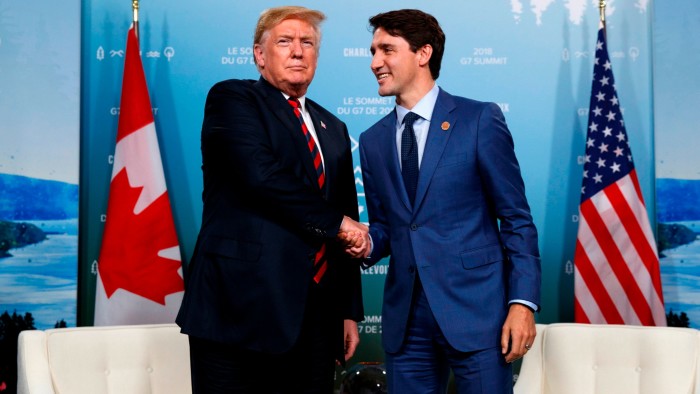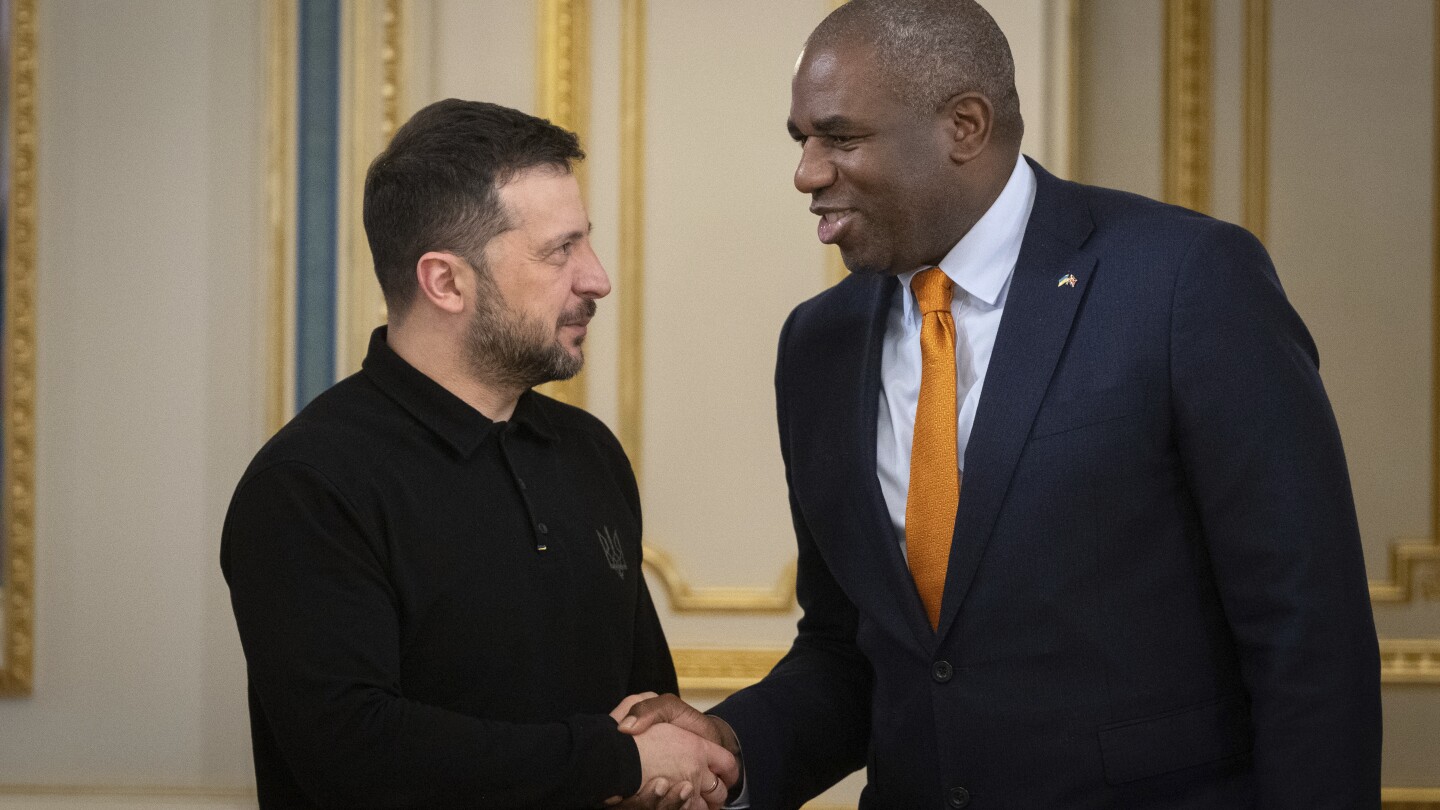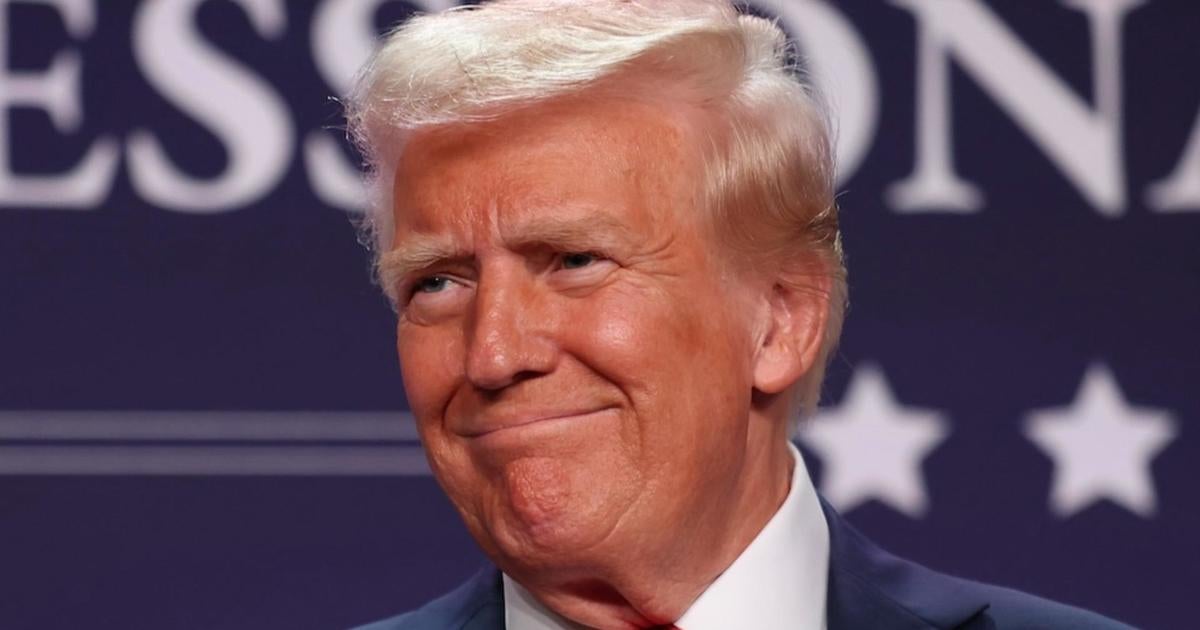Unpacking the Shadow Battle: Trade Wars vs. Economic Strategies
As nations navigate the intricate web of global markets, the lines between trade wars and strategic economic maneuvers blur. The dynamic interplay between these two forces not only shapes international relations but also has profound implications for domestic economies and global stability. This article delves into the complexities of trade wars, analyzes various economic strategies, and explores their impact on the global stage.
Understanding Trade Wars
Trade wars occur when countries impose tariffs or quotas on each other’s goods and services, often in response to perceived unfair trade practices. These conflicts can arise from a variety of issues, including trade imbalances, intellectual property theft, and currency manipulation. The most notable recent example of a trade war is the one between the United States and China, which escalated significantly in 2018.
- Tariffs: Taxes imposed on imported goods, making them more expensive and less competitive compared to domestic products.
- Quotas: Limits on the quantity of specific goods that can be imported, restricting supply and raising prices.
- Subsidies: Government financial support to local industries, giving them an advantage over foreign competitors.
These tactics can have immediate effects on prices and availability of goods, but the long-term consequences may be more complex. Trade wars can lead to increased costs for consumers, disruptions in supply chains, and retaliation from trading partners, which can spiral into broader economic conflicts.
Economic Strategies in Response to Trade Wars
In light of trade wars, countries often adopt economic strategies to mitigate the impacts or to leverage their position in negotiations. These strategies can include:
- Diversification: Countries may seek to diversify their trade partners to reduce dependence on a single nation, thereby minimizing the risk associated with trade wars.
- Investment in Technology: Nations can enhance their competitiveness by investing in technology and innovation, allowing them to produce higher-quality goods and services.
- Strengthening Domestic Industries: By providing support to local businesses, governments can bolster their economies and reduce reliance on imports.
Such strategies not only aim to counter the immediate effects of trade wars but also seek to position a country’s economy for long-term growth and resilience.
The Interplay Between Trade Wars and Economic Strategies
The relationship between trade wars and economic strategies is complex and often cyclical. Trade wars can prompt countries to reassess their economic strategies, while at the same time, those strategies can escalate or de-escalate trade tensions. For instance, if a nation successfully invests in renewable energy technologies, it may find itself less reliant on foreign oil, which can reduce vulnerability during trade disputes.
The Global Impact of Trade Wars
Trade wars do not occur in isolation; they affect global markets and economies. Here are some of the broader implications:
- Supply Chain Disruptions: Many industries rely on global supply chains. Trade wars can disrupt these networks, leading to delays and increased costs.
- Consumer Prices: Tariffs often lead to higher prices for consumers, as companies pass on the costs of tariffs to customers.
- Global Economic Slowdown: Prolonged trade conflicts can lead to uncertainty in global markets, which may hinder investment and economic growth worldwide.
Moreover, countries that find themselves caught in the crossfire of trade wars may experience economic downturns, which can lead to political instability and social unrest. The interconnectedness of today’s economies means that the effects of a trade war in one region can ripple outwards, impacting many others.
The Role of International Organizations
Organizations such as the World Trade Organization (WTO) play a critical role in mediating trade disputes and promoting fair trade practices. They provide a platform for negotiation and resolution of conflicts, helping to minimize the fallout from trade wars. However, the effectiveness of these organizations can be challenged by national interests and the increasing trend of unilateral actions by powerful countries.
Future Trends: Navigating the New Economic Landscape
As we look to the future, the landscape of international trade is likely to continue evolving. Several trends are emerging:
- Increased Regional Trade Agreements: Countries may seek to strengthen ties within regional blocs, creating trade agreements that bypass larger, more contentious negotiations.
- Focus on Sustainability: Environmental concerns are becoming paramount, leading countries to incorporate sustainability into their trade strategies.
- Technological Advancement: The rise of e-commerce and digital trade is reshaping traditional trade dynamics, providing new opportunities and challenges.
Countries that adapt to these trends and embrace innovative economic strategies are more likely to thrive in an increasingly complex global market.
Conclusion: The Path Forward
In conclusion, unpacking the shadow battle of trade wars versus economic strategies reveals a multifaceted interaction that significantly influences international relations. As nations grapple with the challenges posed by trade conflicts, it becomes essential to adopt proactive economic strategies that foster resilience and growth.
While trade wars may create immediate challenges, they also present opportunities for countries to rethink their economic frameworks, enhance their competitive edge, and cultivate sustainable practices. By navigating these turbulent waters with foresight and cooperation, nations can work towards a more balanced and prosperous global economy.
See more CCTV News Daily



